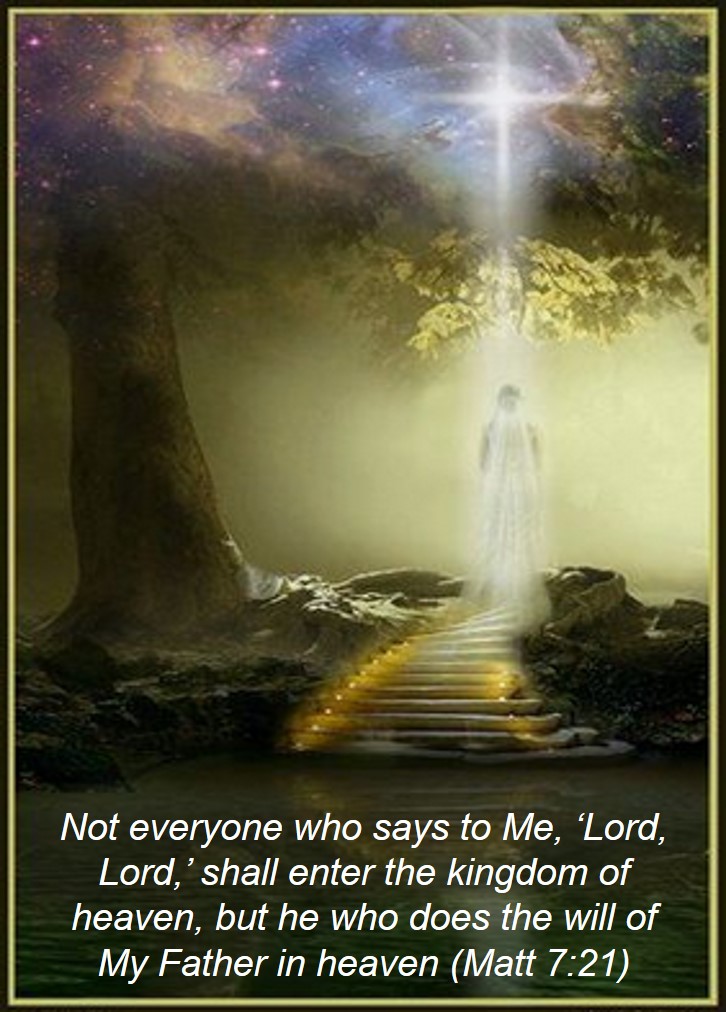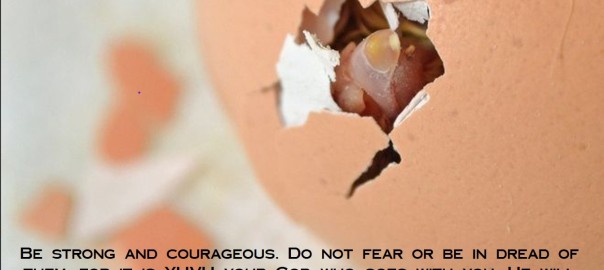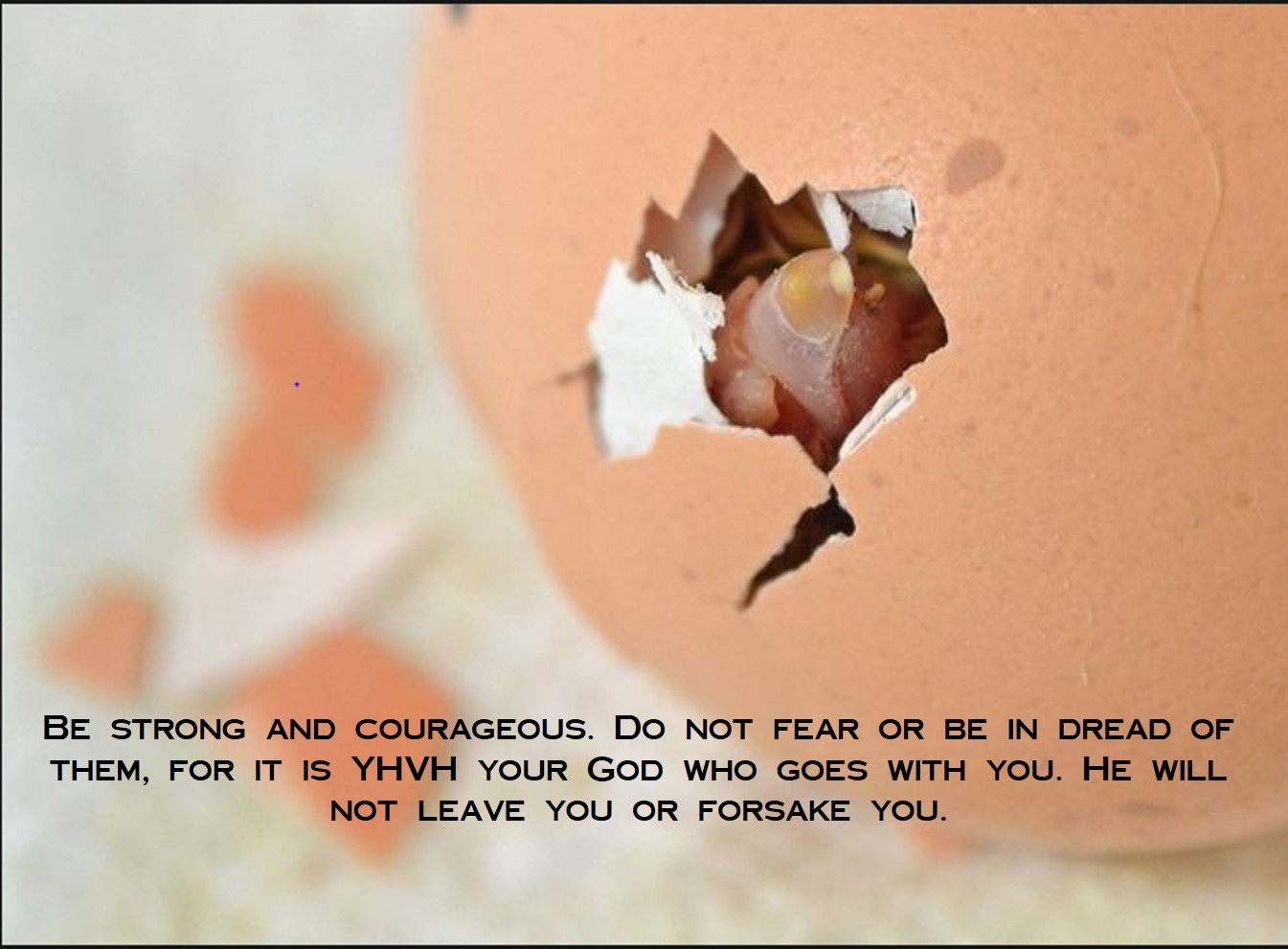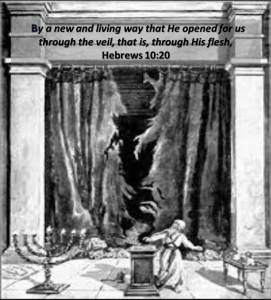In the previous article, we discovered the importance of Kingdom focus rather than earthly focus. While it is true that we live in the world, it is also true that we are first and foremost citizens of the Kingdom of Heaven. Our assignment is to bring the Kingdom of Heaven to earth. How do we do that?
Yeshua told us that if we believe in Him and the One who sent Him, then the Kingdom of Heaven already resides in us. Some of the Pharisees asked Jesus, “When will the kingdom of God come?” Jesus answered, “God’s kingdom is coming, but not in a way that you will be able to see with your eyes. People will not say, ‘Look, here it is!’ or, ‘There it is!’ because God’s kingdom is withinyou.” (Luke 17:20-21 NCV) The kingdom of God is within us! As we grow in His ways, the kingdom of Heaven will radiate through us into the world. The Spirit works through us to change the atmosphere around us.
Yeshua told us that the Kingdom of Heaven is like a bit of yeast in a batch of dough. [Yeshua] also used this illustration: “The Kingdom of Heaven is like the yeast a woman used in making bread. Even though she put only a little yeast in three measures of flour, it permeated every part of the dough.” (Matt 13:33 NLT) As we interact with the world, the “yeast” of the Kingdom within us will begin to permeate every part of the earth.
The Kingdom of Heaven grows within us as we interact daily with Yehovah and sit at His feet, eager to learn His ways. We meditate on His word so that we gain more of His wisdom and knowledge. As we grow more like Him, our influence (yeast) will be more effective and on a larger scale. We should live in unity and love with our fellow believers.
So, what happened? The Body of Messiah has multiple fractures due to division and even malice among its members. Yeshua warned us that a house divided against itself cannot stand (Mark 3:25). The Body of Messiah is fractured because we, individually and collectively, have failed to yield to the Holy Spirit. If each of us dies to himself or herself and yields to the Holy Spirit, we will have unity, for the Holy Spirit does not disagree with Himself or with the Father or Yeshua. Paul writes in Galatians 2:20, “I have been crucified with Christ. It is no longer I who live, but Christ who lives in me. And the life I now live in the flesh I live by faith in the Son of God, who loved me and gave himself for me.” Where we fail to die to ourselves, we introduce death into the Body of Messiah.
The fractured Body of Messiah is the reason why evil has prevailed in this world. It is only in unity that we have the strength to address the evil that is covering the world in darkness. Some leaders and other individuals in the Body of Messiah have already recognized this and have begun to work together and pray together. In order to do this effectively, they have to die to themselves. The rest of Yeshua’s followers must follow their example. How will we stand before the Judge one day and explain that we were too busy fighting among ourselves to carry out our assignments from Him? Rather than fight the adversary and his followers, we aided and abetted them with our disagreements and divisions. How will the Judge respond?
As we ponder these questions, perhaps we should consider 1 John 4:20 (ESV), If anyone says, “I love God,” and hates his brother, he is a liar; for he who does not love his brother whom he has seen cannot love God whom he has not seen. Another Scripture verse to meditate on are Yeshua’s words in John 13:35, “Your love for one another will prove to the world that you are my disciples.”
When the Holy Spirit reigns in our hearts all the petty disagreements which people have clung to for decades, even centuries, will fall away like so much chaff, and divisions in the Body of Messiah will be healed. The unity and love that is in us is the yeast that is supposed to permeate throughout the world, just as a little yeast permeates the entire dough as Yeshua explained in Matthew 13:33. If we want to share the Kingdom with others, we will have to live it as well as preach and teach about it. We can only do this successfully by yielding to the Holy Spirit.
Your kingdom come, Your will be done on earth as it is in Heaven (Matt 6:10).

 Since the time of Martin Luther, much emphasis has been put on salvation through Yeshua as a gift of YHVH’s grace and not something we merit. This is true, but it is only a part of the truth. Yeshua taught about salvation and stressed that reunification with YHVH was possible only through Yeshua Himself. However, the majority of Yeshua’s teaching focused on how to live in the Kingdom of YHVH (Matt 5-7; 16:19, 18:3, 29-30, 19:23). Salvation supplies us citizenship in YHVH’s kingdom, but as citizens we must abide by the rules and regulations of our King. Citizens and visitors in all countries on earth are required to obey the rules of the country where they reside or visit. What are the consequences of ignoring YHVH’s teaching and commandments? What are the rewards? Two books of Scripture (Judges and Ruth) present vivid pictures of the two choices and their consequences. As we review the stories in these two books, let us look for insights into kingdom living and see how the Body of Messiah measures up.
Since the time of Martin Luther, much emphasis has been put on salvation through Yeshua as a gift of YHVH’s grace and not something we merit. This is true, but it is only a part of the truth. Yeshua taught about salvation and stressed that reunification with YHVH was possible only through Yeshua Himself. However, the majority of Yeshua’s teaching focused on how to live in the Kingdom of YHVH (Matt 5-7; 16:19, 18:3, 29-30, 19:23). Salvation supplies us citizenship in YHVH’s kingdom, but as citizens we must abide by the rules and regulations of our King. Citizens and visitors in all countries on earth are required to obey the rules of the country where they reside or visit. What are the consequences of ignoring YHVH’s teaching and commandments? What are the rewards? Two books of Scripture (Judges and Ruth) present vivid pictures of the two choices and their consequences. As we review the stories in these two books, let us look for insights into kingdom living and see how the Body of Messiah measures up.





